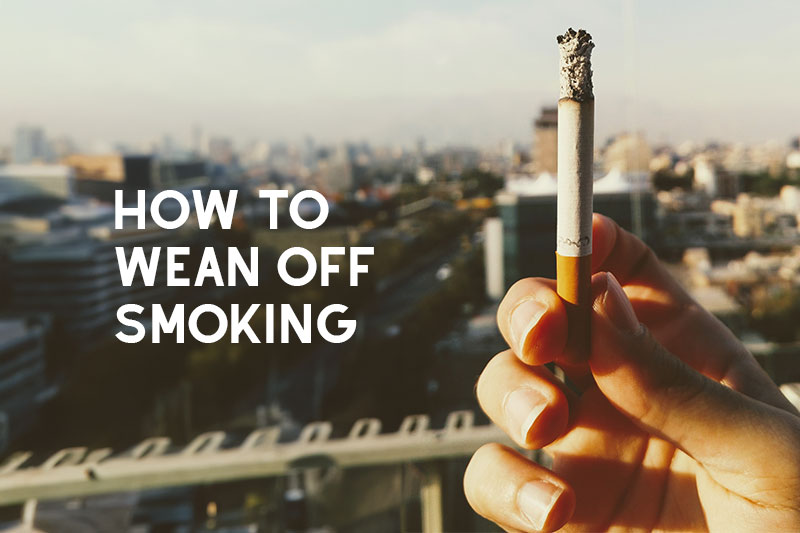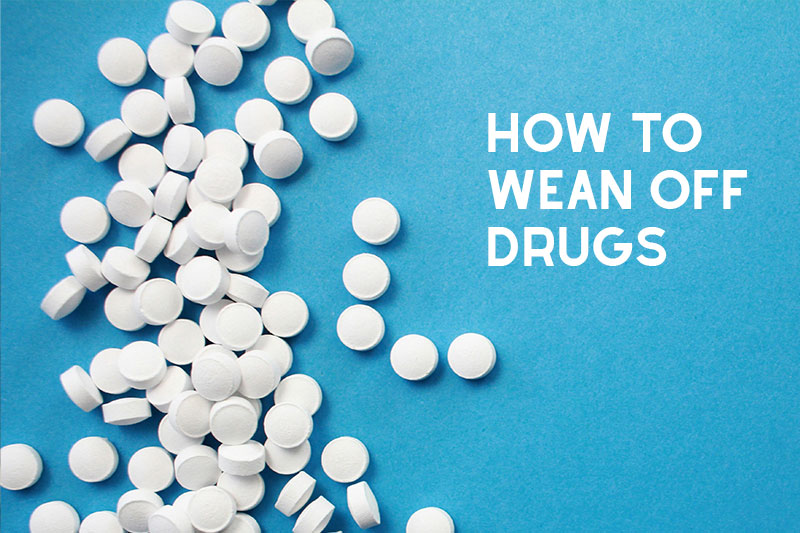What Does It Mean to Wean Off?
The term “wean off” refers to the process of gradually reducing or stopping the use or consumption of something, typically something that has been habit-forming or addictive.
This is the definition of the phrasal verb in the english dictionary.
Reasons for Weaning Off
There are several reasons why someone might want to wean themselves off of something:
- To reduce or eliminate dependency on a substance like alcohol, caffeine, or nicotine
- To manage withdrawal symptoms which can occur when stopping some substances cold turkey
- To make a lifestyle change for health or personal reasons – for example, reducing sugar or social media use
- To cut down on behaviors that have become compulsive or excessive
Gradually tapering usage allows the body and brain to slowly adjust to functioning with less of the substance, rather than shocking the system with abrupt withdrawal. This can make the process more comfortable.
How to Wean Off Successfully
If you want to wean yourself off of something, consider the following strategies:
- Set a timeline – Decide on a reasonable timeframe for your weaning process, such as several weeks or months. This provides goals to work towards.
- Taper slowly – Only reduce your dosage, intake or usage by small amounts at intervals. Too fast a taper may be difficult to stick to or trigger existing dependencies.
- Listen to your body – Notice symptoms signaling you should pause the taper or slow it down. Pain, cravings, headaches and fatigue indicate withdrawal.
- Try substitutions – Swap out the substance you are weaning off for safer alternatives which satisfy the urge. For example, fruit juice instead of soda, or turkey bacon instead of smoked bacon.
- Stay motivated – Remind yourself regularly of why you decided to stop using this substance and how reducing dependencies will improve your life.
- Remove temptations – Get rid of the substance from your home so you cannot use it impulsively. Ask friends and family to support your taper.
- Seek support – Consider joining a support group, getting counseling or asking your doctor to help monitor tapering of medications or drugs.
Wean Someone off Something
The specifics of safely weaning off a substance or behavior depend greatly on what exactly you are trying to quit. Here is some guidance:
Wean Off Caffeine
Many people develop a dependence on daily caffeine intake from coffee, tea, soda, energy drinks or chocolate.
Because caffeine withdrawal can cause headaches, fatigue and concentration problems, it is wise to wean off caffeine gradually over 2-4 weeks by tapering your ingestion 25% at a time.
Replace some caffeine intake with decaf drinks or hydrating fluids.
Wean Off Alcohol
People with alcoholism attempting to quit drinking should consult medical help, as alcohol withdrawal can be dangerous or even life-threatening.
Under a doctor’s supervision, medications such as benzodiazepines allow gradual tapering by reducing symptoms of anxiety, vomiting, tremors and seizures during the weeks- or months-long process.
Support groups also significantly aid recovery.
Wean Off Smoking
Nicotine’s intensely addictive nature makes weaning off extremely challenging for smokers. But a recent study says going “cold turkey” might be better.
Most experts recommend a 10-25% weekly reduction in number of cigarettes smoked, coupled with reliance on nicotine replacement therapies like patches, sprays, inhalers and gum.
As coping mechanisms for cravings and rituals are learned, the nicotine tapering and ultimately quitting become more feasible over 6-12 months.
Wean Off Junk food
Binge and emotional eating of tasty but unhealthy processed foods high in sugar, salt and fat can be habit-forming.
To break this addiction, gradually wean off fast food and junk food products while working healthier options into your diet more frequently.
Setting realistic nutrition goals and seeking counseling around the emotional components of overeating can help this process.
Wean Off Drugs or Opioids
Dependence on prescription medicine like opiates, benzodiazepines, stimulants and antidepressants is common.
Consult extensively with your prescribing doctor before attempting to wean off such drugs, as medical oversight and very gradual tapering based on your body’s response is vital.
Withdrawal from some psychiatric medications can be difficult and dangerous. With opioid withdrawal patience is key.
If you are taking opioids or suffer from opioid use disorder medication-assisted might be necessary with opioid tapering. Opioids can be difficult.
Handling Weaning Off Challenges
For most people, sticking to a weaning off plan is very challenging at times. Here is how to handle hurdles:
- Accept slips but recommit – If you use more of the substance than intended one day, do not despair. Simply resume the planned tapering right away.
- Ask for help – Contact supportive friends, sponsors or health professionals to problem-solve hurdles.
- Consider rehab – If efforts to wean off remain unsuccessful despite true effort, inpatient rehabilitation treatment may provide the external controls needed to withdraw safely.
- Modify your plan – Adjust the tapering timeline if needed. Get strict about removal of temptation triggers.
- Reward milestones – Celebrate successes along the weaning journey to keep motivated.
With some patience for plateaus and backslides, creating and following a gradual weaning off plan can successfully help many people reduce dependencies in a positive way.
The outcome of less reliance on unhealthy substances or behaviors is well worth the discomforts of the process.

















